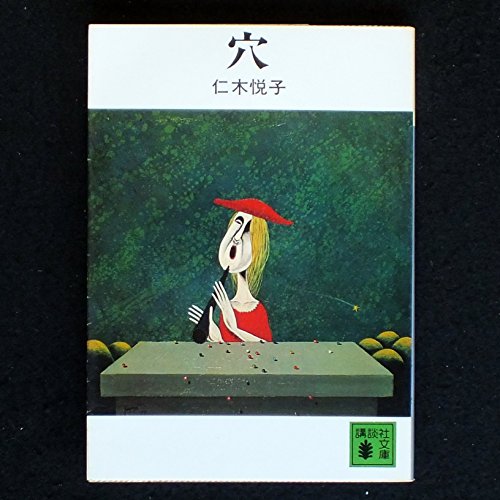

As an Amazon Associate, Natively earns from qualifying purchases through any Amazon links on the site.

All of our Movie & TV metadata comes from the wonderful project,
The Movie Database. Thank you! While we are permitted to use the TMDB API, we have not been endorsed or certified by TMDB.

This is a collection of suspenseful mystery short stories, all of which somehow manage to end up feeling strangely wholesome (despite often containing murder).
The author has won the Edogawa Ranpo award, and has been called the Christie of Japan, even though she herself preferred hardboiled mysteries. She has been unable to walk from a young age due to illness, which may explain the sensitivity and respect she shows towards people with disabilities in her writing. In one of the stories the main character is a blind man, another story takes place in a school for children with intellectual disabilities. While her terminology may now be outdated (as noted at the end of the book, where the publisher explained they didn't change it out of respect to the author and the era it was written), the way she treated those characters made me forget this is a book written back in 1979.
I'll give the basic premise of the stories in spoilers, in case you prefer to go in blind:
Story 1: A boy witnesses his neighbours digging a hole in their garden in the middle of the night and creates a fanciful story to get his parents' attention.
Story 2: A blind man is forced to return home with the wrong coat, as another customer took his by mistake. This leads to a series of unexpected developments, where lack of sight is not necessarily a weakness.
Story 3: A young businessman returns to his home village, wanting to buy up some rice fields to build a factory.
Story 4: A nephew is asked by his ailing aunt to keep an eye on his cousins as they spend the summer at her seaside villa, because she has a premonition.
Story 5: Two boys who urgently need money, devise a plan to kidnap a rich lady's cat.
Story 6: In a school for children with intellectual disabilities, when something happens it may be harder to get to the truth.
In terms of language, the book is very uneven. A lot of it is really straightforward, but there are some older terms that are now either out of use or not considered appropriate, there's some heavy dialect used by old people in a remote village in one story, and even letters featuring old kana usage in another.
Several animals appear in the stories. In case you're worried, a dog dies accidentally, a rabbit is mentioned to have died, and the cat is absolutely safe. I'm very sensitive to animal deaths but nothing I read in this book bothered me.